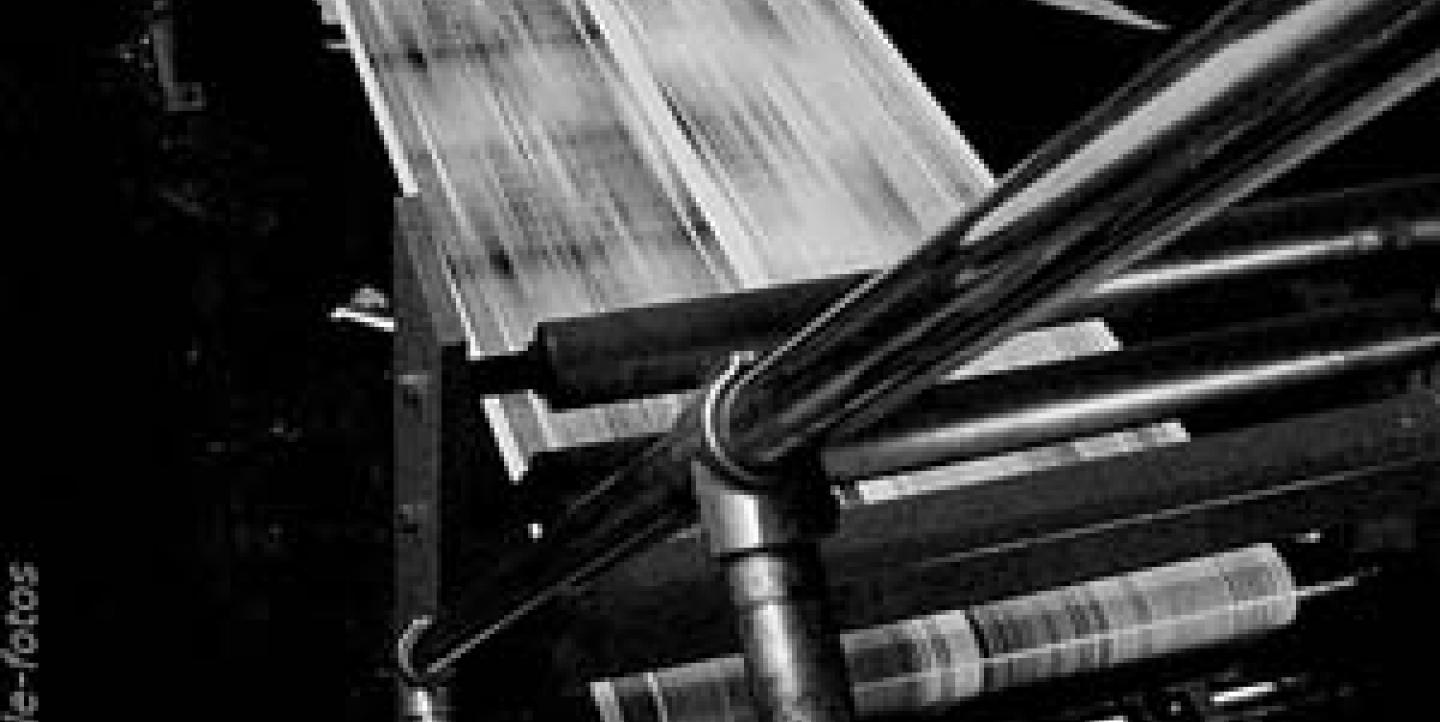In a time when the future of journalism and the effects of Internet on print media are debated non-stop, newspaper companies must be ready for changes.
To learn more about how newspapers and journalists should prepare, IJNet interviewed Toni Piqué, a newsroom integration and organization consultant who has worked with dozens of media outlets in Europe and Latin America. The Barcelona-based adviser also co-founded the Paper Papers blog.
IJNet: Recently, the debate around newspapers has revolved around apocalyptic visions on the future of journalism. How do you see this phenomenon?
Toni Piqué: It's like (Antonio) Gramsci said: "The crisis consists precisely in the fact that the old is dying and the new cannot be born; in this interregnum a great variety of morbid symptoms appear." These are the times when opportunistic people appear, the ones who could not join the profession, and take revenge.
IJNet: Is print journalism coming to an end?
TP: Yes, the paper will die. But it has nothing to do with philosophical questions. The paper will die because of financial issues. It’s expensive to make, print and distribute. And it has many disadvantages compared to another distribution system called the Internet which gives you a huge variety of formats and possibilities to customize.
The fact that many more people, thanks to technology like the Internet and its offshoots, are able to participate in the reporting process, providing information or points of view, doesn’t mean that journalism is dead. Quite the opposite. It means that journalism is expanding.
IJNet: So this debate about the end of journalism is the result of the transition process?
TP: Sure. We're not talking about the science of making bridges, where someone has to watch that the builders are strong, safe and experienced, because if not there would be consequences.
Journalism is about a human right, not the property of a professional group or corporation. It's like health; it’s owned by the people. When you get sick you go to the doctor, although we know how to manage some diseases. I have a headache, I take an aspirin and I feel better. But this does not make me a doctor.
It is very easy to talk about citizen journalism, but nobody would like to be cured by a citizen doctor, or wants highways built by a citizen engineer. It does not work that way [in those situations] and it doesn’t in journalism either.
IJNet: What does it mean to be a newspaper consultant now?
TP: It involves telling people one thing: you must be prepared to unplug the printing press. And they must prepare now: what day of the week will be the first one when the newspaper won’t be printed, which will be the second, which will be the third.
Being a consultant also means rethinking content strategy. You have to think about a company that is more broadcast and less print. There’s a difference, (but) the reporting is the same. What the reporter does on the street is the same and the important editing part is the same as well. Go here, don’t go there. That remains the same.
We also have to get newspaper editors out of that (…) mentality that newspapers are the essence of journalism and the everything else is not. Remove the thinking that everything out in the web is noisy and vague. Or (the ideas) against Twitter. Those who say, “What can you say in 140 characters?”
The approach has to be much more positive. I have all these tools that allow me to be a journalist, not only for a few hours each day but longer. Today I can publish more during over more time.
I didn’t become a journalist to make a newspaper. I became a journalist to inform the public.
This article first appeared in IJNet's Spanish edition

